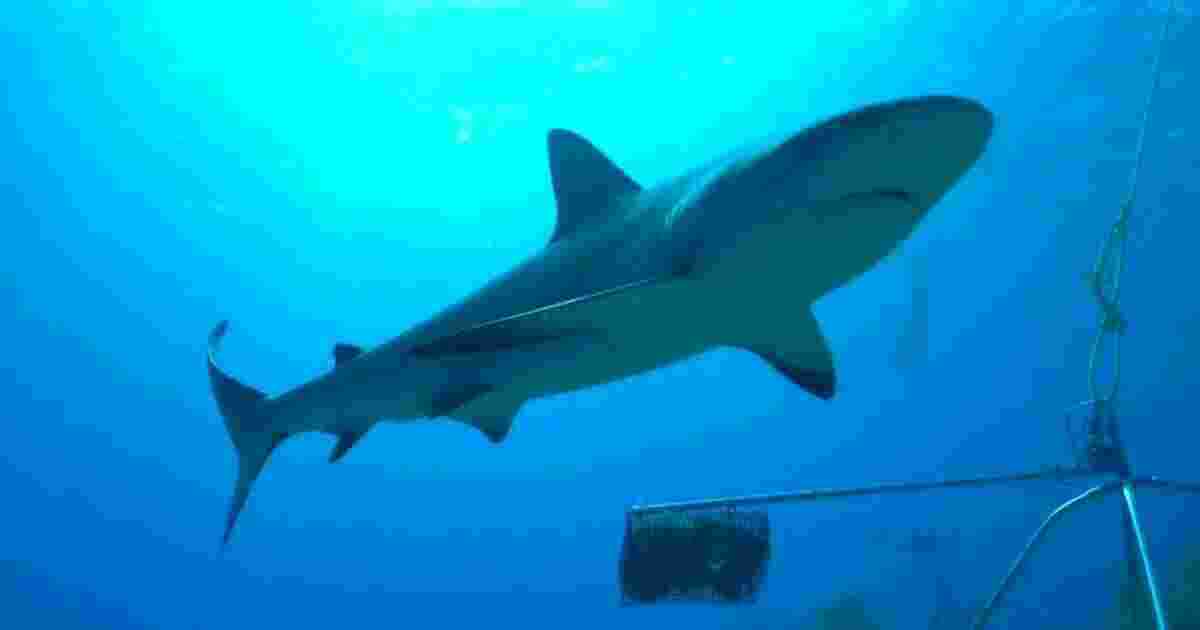A recent study has revealed that sharks off the coast of Brazil have tested positive for cocaine, an alarming discovery that highlights the far-reaching impact of human activities on marine life. Conducted by marine biologists, the study, aptly named "Cocaine Shark," detected high levels of cocaine and its primary molecule, benzoylecgonine, in the livers and muscles of thirteen sharpnose sharks from the waters near Rio de Janeiro. Interestingly, female sharks displayed higher concentrations of the drug in their muscles compared to their male counterparts, suggesting a potential link between a shark's weight, size, and cocaine metabolism.
While the scientists behind the study offered hypotheses, the mechanism by which the illicit substance is entering the sharks' habitat remains a subject of debate among experts. Illegal cocaine labs and drug user excrement are potential sources, with a less likely theory pointing to lost or dumped cocaine packages at sea. This discovery marks the first time cocaine has been detected in free-ranging sharks, underscoring the necessity for further research to comprehend the implications for shark health and the broader ecosystem.
The impact of cocaine consumption on the sharks is not yet fully understood, and the study raises concerns about potential effects on pregnant female sharks and their fetuses. Marine eco-toxicologist Sara Novais emphasized the significance and potential implications of the findings, highlighting the need for further exploration. Efforts to study the impact of illicit drugs on marine life have gained traction, including the Discovery TV show "Cocaine Sharks," which experimented with the effects of cocaine on sharks. Environmental engineer Tracy Fanara, who contributed to the show, affirmed the likelihood of sharks being exposed to illicit drugs and emphasized the importance of investigating the issue further to address the broader problem of chemical pollution in waterways.
"Cocaine sharks": Predators off coast of Brazil test positive for drug, scientists say
Thirteen sharks tested for cocaine and benzoylecgonine were found to have the illicit drug in their muscles and livers.

